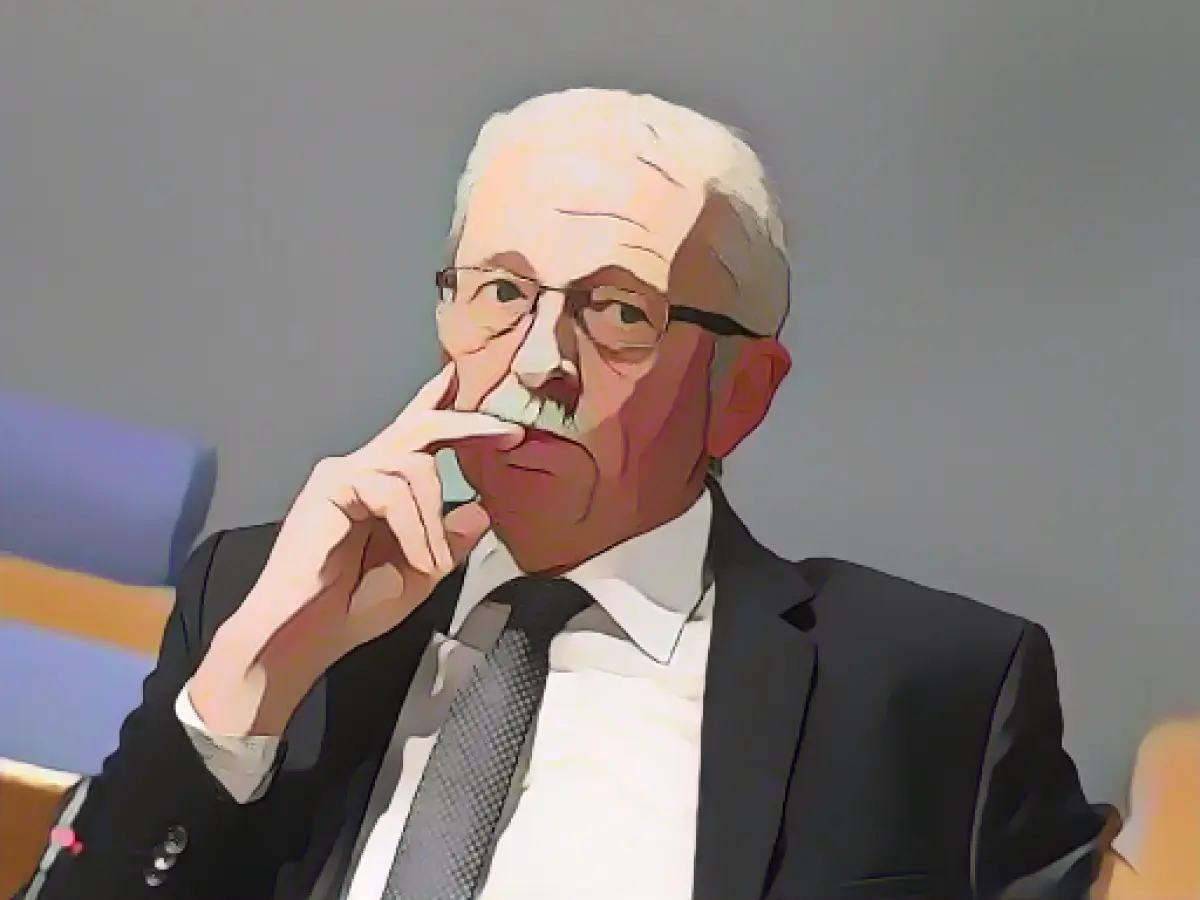Michael Frisch, formerly the head of the Rhineland-Palatinate AfD parliamentary group, finds himself still a fixture in the state parliament and an AfD member, despite being ousted from his top position. With a spirit of unwavering support for his party's platform, Frisch aims to rally majorities from within the state party's ranks.
While justifying his exit from the parliamentary group, Frisch spoke out against a perceived "breach of word and trust" from new leader Jan Bollinger. Frisch claims the AfD has turned into a "cadre party," which clashes with its original ideals. Others have accused other parties of ruling top-down, and Frisch believes the Rhineland-Palatinate AfD is no exception.
An agreement had been struck between Frisch and Bollinger, ensuring a leadership change only before the next state election. Bollinger had preferred change to occur after the local elections in 2023. As a compromise, Frisch suggested arranging a transition around 2025. Unfortunately, his proposal was met with resistance by Bollinger, who Frisch alleges acted out of personal ambition.
Bollinger, in turn, denies promising any future changes or affirming that Frisch's departure was resistful to democratic decisions. He accuses Frisch of holding grudges against democratically-made decisions and assemblies.
Although Michael Frisch is no longer in charge of the AfD parliamentary group in Rhineland-Palatinate, his commitment to the party remains resolute. Despite leaving the group, he continues to criticize the emergence of a "cadre party" in the AfD - a term commonly used to characterize strong central leadership within a political organization. The controversy stems from Frisch's perception of broken trust between himself and group leader Jan Bollinger, ultimately leading to Frisch's exit and his critique of Bollinger's career-driven choices.








